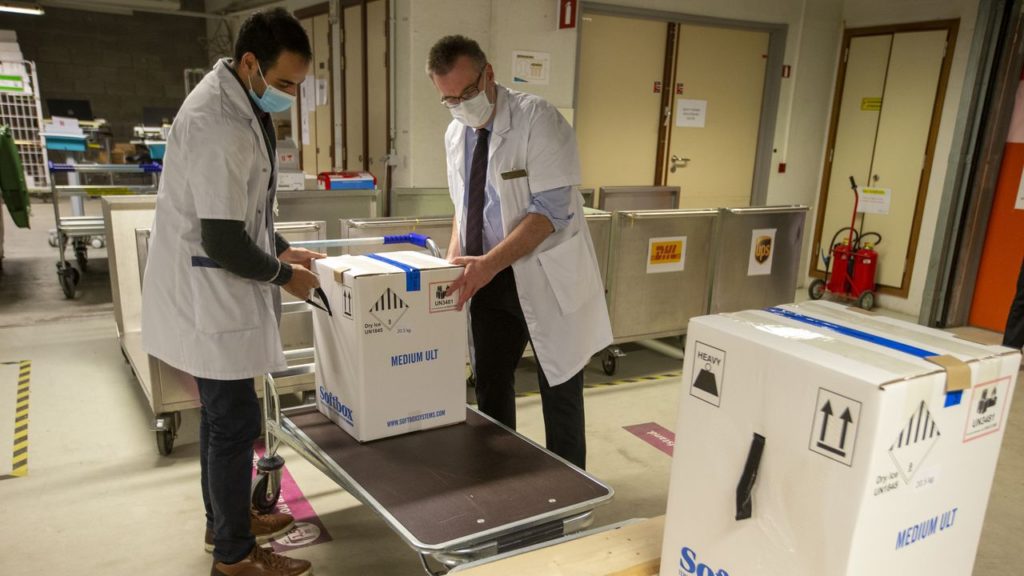The government task force on vaccination should make a priority of obliging all staff, crew and passengers visiting an airport to be vaccinated, according to Philippe Touwaide, the airport’s mediator.
The mediator’s mission is normally limited to dealing with complaints on aircraft noise from people living in the vicinity of the airport and under the flight paths in use by aircraft departing and arriving at Brussels Airport.
Speaking to the French-speaking public broadcaster RTBF, Touwaide was asked whether the vaccine against Covid-19 ought to be made compulsory.
“The airport is a place of exchanges, with passengers who come from all countries,” he said. “Countries where the health situations are different. I am in favour of requiring vaccination of staff, pilots and passengers who go to an airport to travel. That is a solution that would limit the spread of the virus.”
The discussion arose from the news that experts had estimated that the vaccination campaign in Belgium, which began on Tuesday, would have to reach 70% of the population in order to be effective – some seven million people.
However, a recent survey carried out by the health institute Sciensano revealed that only 60% of people would volunteer to be vaccinated.
Among the concerns people express, one of the most worrying is the speed at which the vaccines have been developed and approved, and whether all safety concerns have been addressed in the race to get the vaccines – two for the time being have been approved by the European medicines agency – to the population.
“Several elements allowed us to go so quickly,” explained Marie-Lise Verschelden, spokesperson for Pfizer in Belgium, the company that developed the first vaccine together with German company BioNTech.
“First, there was a real exchange of information very early on in the scientific world. That is quite exceptional, and it allowed us to start on a very good basis. Second, at Pfizer we usually focus on one vaccine candidate when we want to launch one. And if it is felt during the various stages that that vaccine candidate is inconclusive, we launch a second which in turn will also have to go through the same steps. But in this case we took the risk of starting immediately with four vaccine candidates.”
That approach, she explained, allowed the company to carry out the necessary trials and then, at the end of the course, to select the vaccine that was most effective. And while that was going on, the company was already adapting its production lines at the factory in Puurs in Antwerp province, which was then standing ready to roll the minute approval was given.
Alan Hope
The Brussels Times

